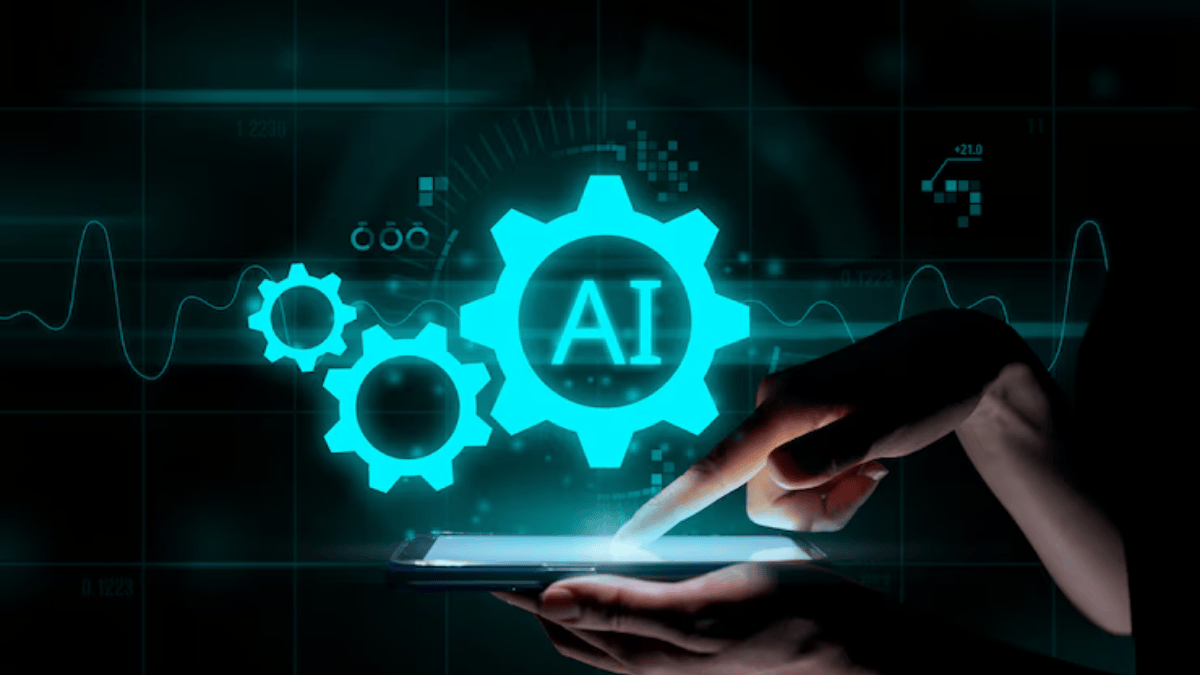LinkedIn CEO Ryan Roslansky believes that, like the Industrial Revolution, AI will disrupt labor while ultimately creating additional opportunities. He emphasizes the growing demand for AI literacy and Human collaboration abilities, while Rolansky and LinkedIn co-founder Reid Hoffman stress the significance of continual learning and adapting to changing employment requirements in the age of AI.
With the continuous wave of layoffs, anxiety about AI-driven job losses is spreading among professionals worldwide; however, LinkedIn CEO Ryan Roslansky suggested a more balanced perspective.
He underlines that while AI will likely cause “a ton of disruption,” it will also transform the nature of labor and provide new opportunities. During an interview, Mr. Rolansky compared the current technological upheaval to the Industrial Revolution. He stressed that, despite initial obstacles, AI will simultaneously grow new industries and job opportunities.
Ryan Rolansky underlined that the rise of AI is not indicative of the end of work; rather, it represents the development of work. He noted:
“We’re seeing a shift in the skills employers are looking for.”
He noted this while referring to LinkedIn data indicating a rise in demand for AI literacy, human-AI collaboration abilities, and rapid engineering. He suggested:
“There’s going to be, over time, more and more options to build careers without having to go work for a big company.”
He also highlighted that the skills needed for similar vocations are evolving. For example, in India, the job skills required for the same occupation have changed by 40% since 2015, and he thinks that percentage would rise to 70% by 2030.
Why do both Leaders Focus on Helping People Find New Job Opportunities?
Roslansky’s opinions parallel those of LinkedIn co-founder Reid Hoffman, who has made a clear statement that people underestimate the effect of AI on jobs while dismissing the notion of a “bloodbath“.
Reid Hoffman, a LinkedIn co-founder, has explicitly lectured people who complain that artificial intelligence (AI) isn’t useful while failing to suggest practical applications for the technology, implying that a lack of perceived worth comes from insufficient effort. He also provided examples of how he efficiently applies the tool in his daily life.
During an interview on The Economist Podcast, broadcast this week (via Business Insider), he stated:
“Frankly, if you haven’t found something where it’s useful to you, about something you care about, then you’re not trying hard enough, you’re not being original enough.”
These LinkedIn executives emphasize the need to redirect people’s attention away from sluggish jobs and toward mastering their tasks by learning new skills.


